American Curl Cat Breed Characteristics: What to Know
Discover the unique American Curl cat breed characteristics, from their distinctive curled ears to their affectionate personality and adaptable nature. Learn what makes them special.
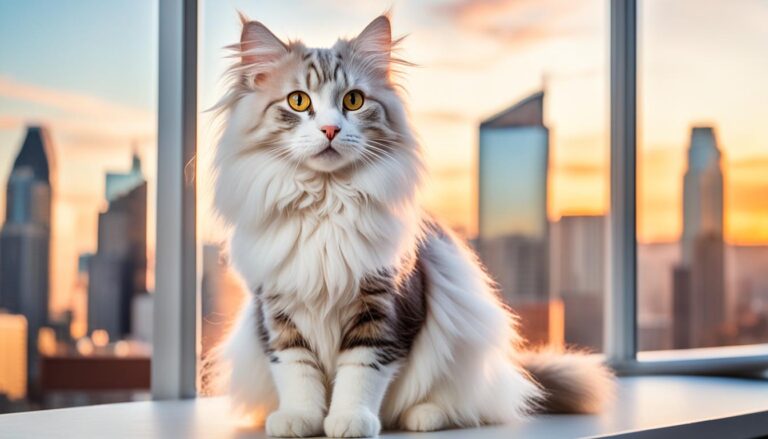
Discover the unique American Curl cat breed characteristics, from their distinctive curled ears to their affectionate personality and adaptable nature. Learn what makes them special.
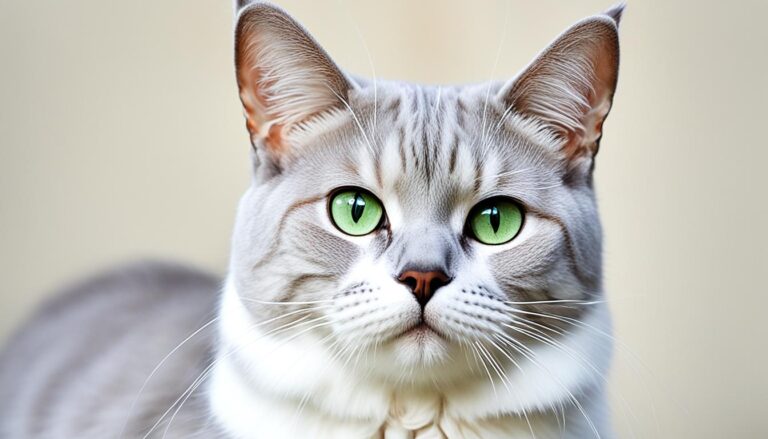
Discover the unique Burmilla cat breed characteristics, from their striking appearance to their friendly nature. Learn why these gentle felines make perfect companions.
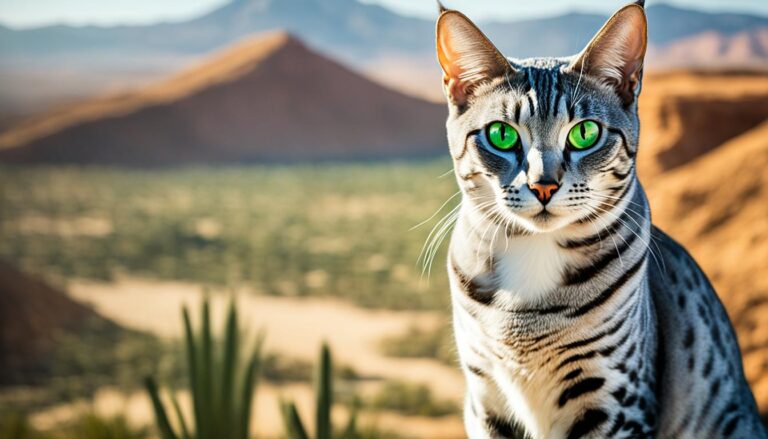
Discover the Egyptian Mau, a unique cat breed known for its dog-like barking. Learn about this ancient feline’s spotted coat and exceptional intelligence.
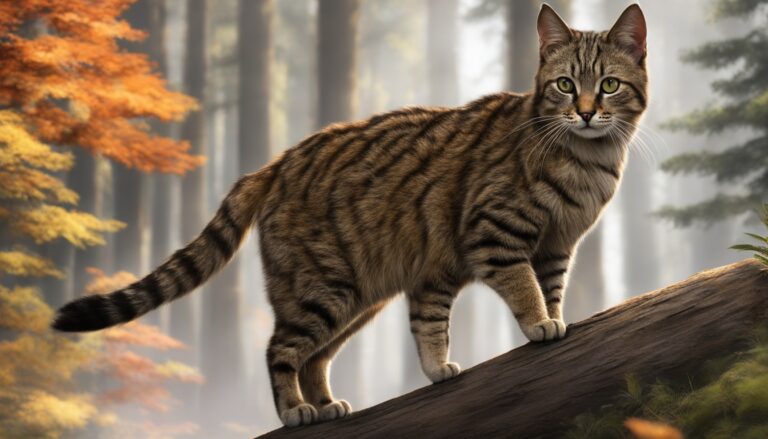
Discover the truth behind the Pixiebob: Is This Wild-Looking Cat Actually Part Bobcat? Explore the origins, characteristics, and genetic makeup of this fascinating feline breed.
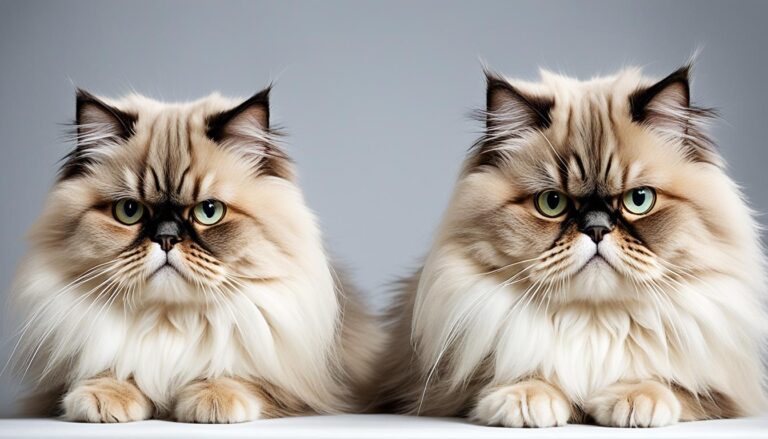
Discover why Persian cats always look grumpy and uncover the fascinating traits behind their iconic frowning faces. Learn about this beloved breed’s unique features.
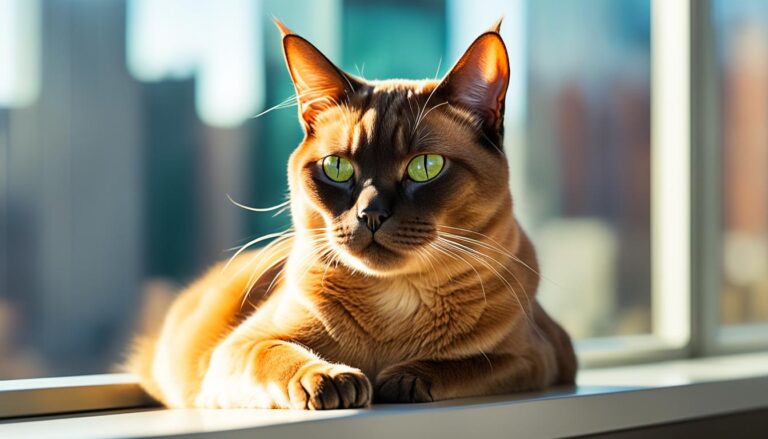
Discover the unique traits of Burmese cats, from their silky coats to playful personalities. Learn about Burmese cat breed characteristics and why they make wonderful companions.
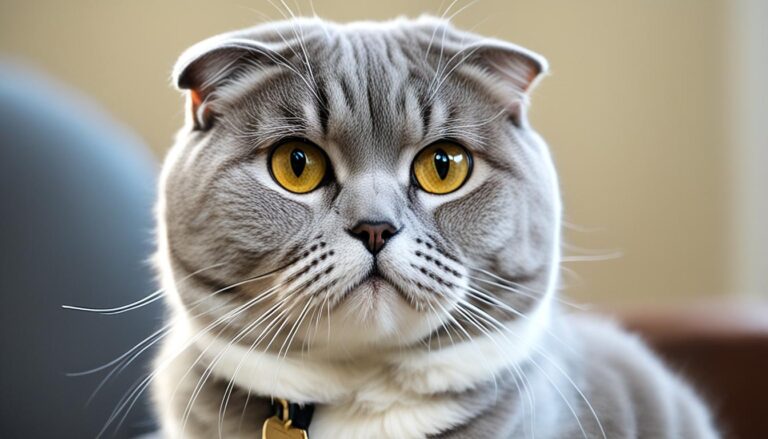
Discover the Scottish Fold cat breed unique folded ears and their charming personality. Learn about care, health concerns, and origins of this beloved feline.
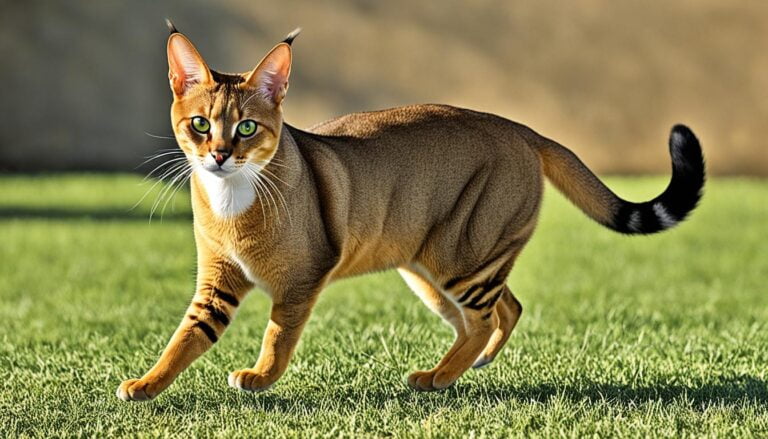
Discover the unique Chausie cat breed characteristics. Learn about their exotic appearance, playful nature, and care needs. Find out if this wild-looking feline is right for you.
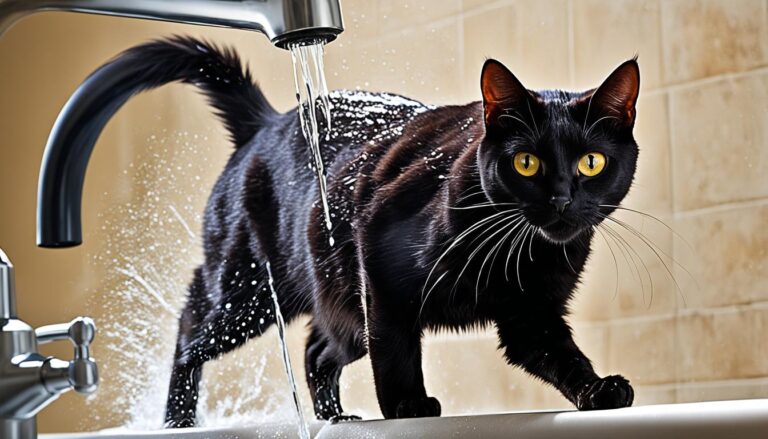
Explore the unique Bombay cat personality traits, from their water-loving antics to their affectionate nature. Discover why these mini panthers make perfect companions.
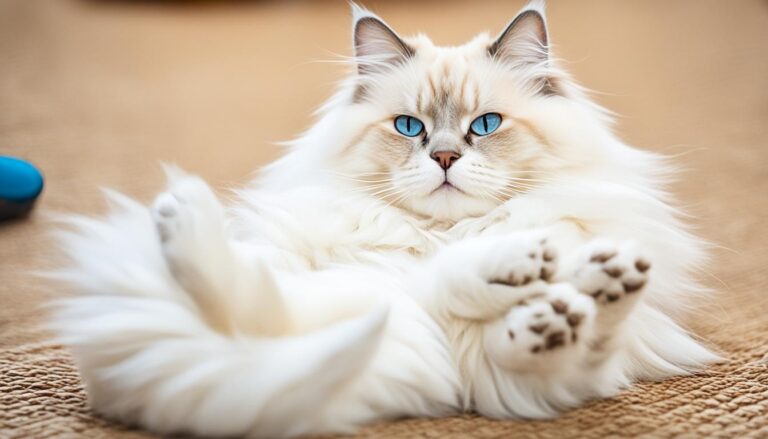
Discover why Ragdoll cats go limp when picked up and learn about this unique breed’s relaxed nature. Explore the science behind their floppy behavior and care tips.
End of content
End of content